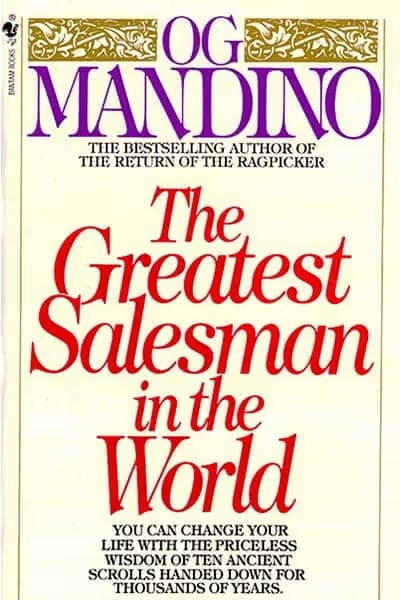Freedom's Forge
Freedom’s Forge reveals how two extraordinary American businessmen—General Motors automobile magnate William “Big Bill” Knudsen and shipbuilder Henry J. Kaiser—helped corral, cajole, and inspire business leaders across the country to mobilize the “arsenal of democracy” that propelled the Allies to victory in World War II. Drafting top talent from companies like Chrysler, Republic Steel, Boeing, Lockheed, GE, and Frigidaire, Knudsen and Kaiser turned auto plants into aircraft factories and civilian assembly lines into fountains of munitions. In four short years they transformed America’s army from a hollow shell into a truly global force, laying the foundations for the country’s rise as an economic as well as military superpower. Freedom’s Forge vividly re-creates American industry’s finest hour, when the nation’s business elites put aside their pursuit of profits and set about saving the world.
“A rarely told industrial saga, rich with particulars of the growing pains and eventual triumphs of American industry . . . Arthur Herman has set out to right an injustice: the loss, down history’s memory hole, of the epic achievements of American business in helping the United States and its allies win World War II.”—The New York Times Book Review
“Magnificent . . . It’s not often that a historian comes up with a fresh approach to an absolutely critical element of the Allied victory in World War II, but Pulitzer finalist Herman . . . has done just that.”—Kirkus Reviews (starred review)
“A compulsively readable tribute to ‘the miracle of mass production.’ ”—Publishers Weekly
“The production statistics cited by Mr. Herman . . . astound.”—The Economist
“[A] fantastic book.”—Forbes
“Freedom’s Forge is the story of how the ingenuity and energy of the American private sector was turned loose to equip the finest military force on the face of the earth. In an era of gathering threats and shrinking defense budgets, it is a timely lesson told by one of the great historians of our time.”—Donald Rumsfeld
The priceless copy of Magna Carta on display in the British pavilion was supposed to go home when the fair closed on October 1. After high-level discussion, however, officials thought it would be safer to let it stay in the United States.






















































